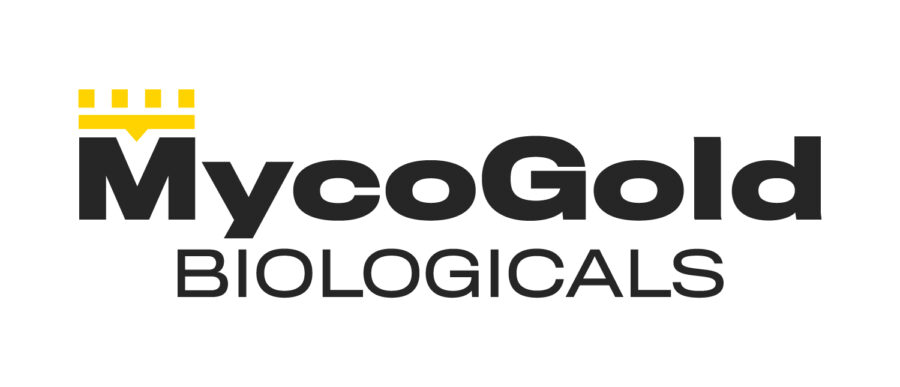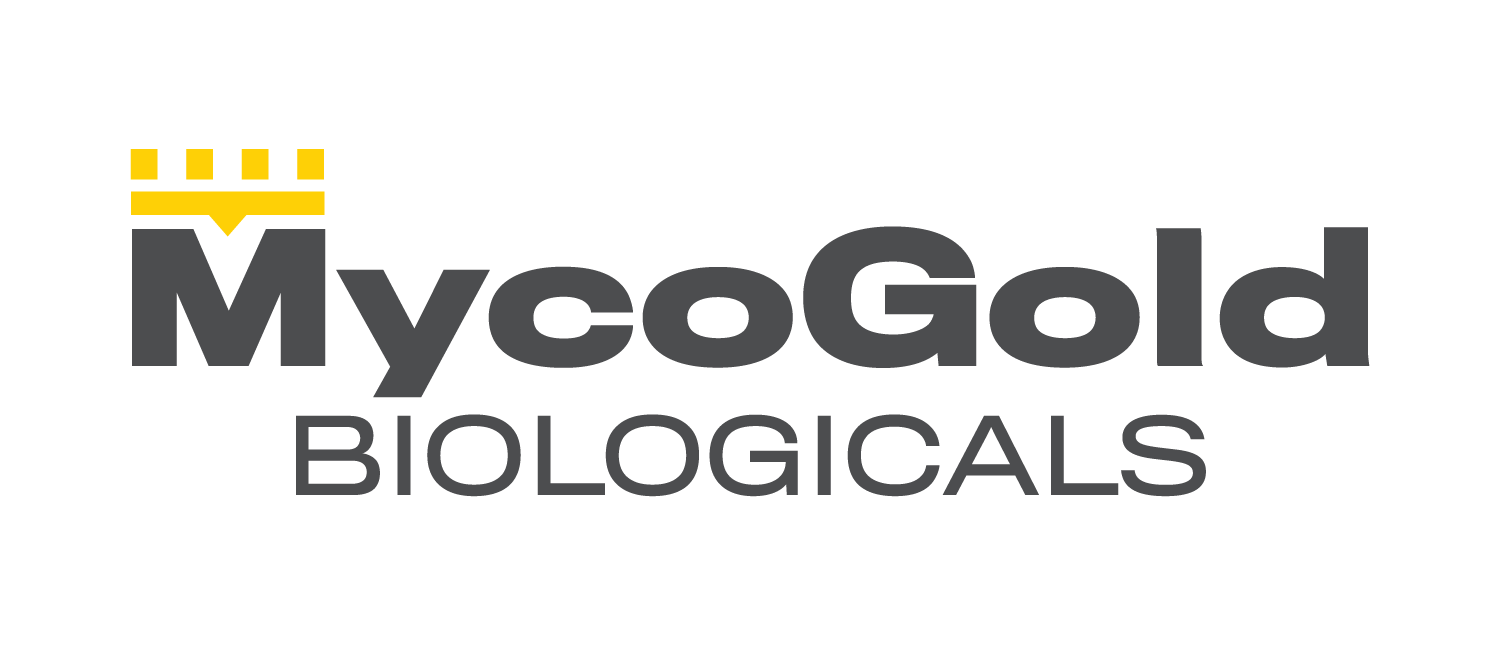Introduction
Agriculture is the backbone of our civilization, and crop production is essential for food security and economic growth. However, conventional farming practices often lead to environmental degradation, soil depletion, and reduced crop productivity. That’s why farmers and scientists are exploring new ways to improve crop production and sustainability. One such innovation is seed inoculation, a process that involves coating seeds with beneficial microbes to enhance crop growth and yield. In this article, we’ll explore the surprising benefits of seed inoculation and how it can help farmers to achieve sustainable agriculture.
The Surprising Benefits of Seed Inoculation
- Improved Nutrient Uptake Seed inoculation with beneficial microbes can help crops to absorb nutrients more efficiently. These microbes, such as Rhizobium, Azospirillum, and Bacillus, form symbiotic relationships with plant roots and increase their nutrient uptake. This leads to healthier plants with better yields and quality.
- Disease Resistance Seed inoculation with beneficial microbes can also enhance crop disease resistance. The microbes colonize the plant roots and trigger a natural defense response, making the plant less susceptible to diseases. This reduces the need for chemical pesticides, which can harm beneficial insects and pollinators.
- Better Soil Health Seed inoculation with beneficial microbes can improve soil health and fertility. These microbes help to break down organic matter, release nutrients, and improve soil structure leading to healthier soils with better water retention, aeration, and nutrient availability.
- Reduced Environmental Impact Seed inoculants can reduce the environmental impact of farming practices. By reducing the use of chemical fertilizers and pesticides, seed inoculation helps to protect the environment and promote sustainable agriculture. It also reduces greenhouse gas emissions and water pollution, which are significant environmental concerns.
- Cost-Effective Seed inoculation is a cost-effective way to improve crop productivity and sustainability. It requires less investment in fertilizers, pesticides, and labor and can enhance crop yields and quality. Farmers can save money while achieving better results.
FAQs
- Is seed inoculation safe for the environment? Yes, seed inoculation is safe for the environment because it reduces the use of chemical fertilizers and pesticides, which can harm beneficial insects and pollinators.
- Is seed inoculation a new technology? No, seed inoculation has been used for centuries in traditional farming practices. However, recent advances in microbiology and biotechnology have enabled scientists to develop more effective inoculants.
- What crops can benefit from seed inoculation? Most leguminous crops, such as soybean, pea, and lentil, can benefit from seed inoculation. However, seed inoculation can also benefit other crops, such as corn, wheat, and cotton.
Conclusion
Seed inoculation is a simple and effective way to enhance crop productivity and sustainability. Farmers can improve nutrient uptake, disease resistance, and soil health by treating seeds with beneficial microbes and reducing environmental impact. Seed inoculation is a cost-effective and environmentally friendly approach to farming, which can help to promote sustainable agriculture and food security. With the growing demand for food and the need to protect the environment, seed inoculation is a timely innovation that offers surprising benefits for farmers and the planet.

